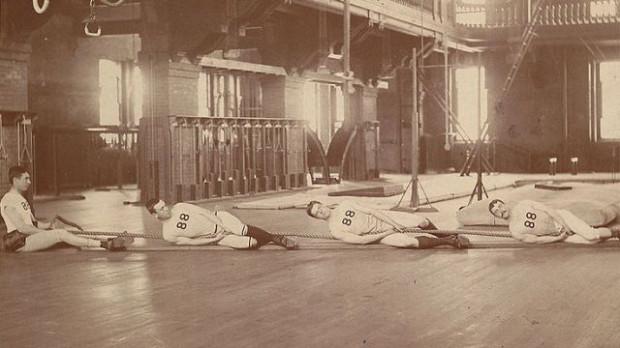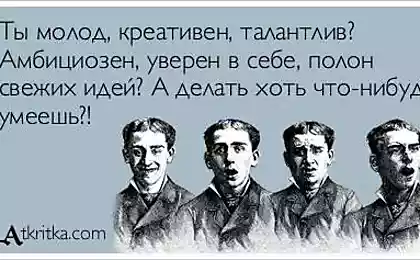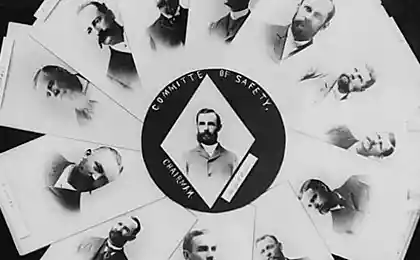597
Your friends make you lazier
The phenomenon of so-called "social laziness" 
You may have noticed that when someone offers to help with some work, the two of you are not doing it faster: the more people perform one task, the slower the process goes. This phenomenon, scientists have noticed back in the 1800s.
A large number of people can do light work, but for each of them to do the work does not become easier, faster, and they will not do it, too. Scientists have even invented a term for this phenomenon - a social laziness.
When it comes to group interaction, for the emergence of social laziness there are many reasons why: each person in the group of their pace of work, the resources and the ability to communicate with others. If one person for some parameters behind the other team members, the work of the entire group can dramatically slow down due to him alone.
This effect is called Ringelmann effect. It seems that this behavior inherent in us initially, and is almost a basic instinct. Max Ringelma was a professor of agricultural engineering and tried first to understand why, if the task pristavit five times more people than planned, it is not only not go to five times faster, on the contrary - almost five times slower. < br />
Ringelman came up with a simple experiment: He asked a few people to play tug of war. The first time he asked each pull rope alone, and then - together. Three people were pulling in about 2, 5 times stronger than one. Eight people were pulled four times stronger, not eight, that is, the more people who pulled the rope, the less I tried each of the participants.
So when you talk about the effectiveness of teamwork, you can laugh in his face. By the way, than the large number of people at the same time you will argue, the less each one will beat you.
via factroom.ru

You may have noticed that when someone offers to help with some work, the two of you are not doing it faster: the more people perform one task, the slower the process goes. This phenomenon, scientists have noticed back in the 1800s.
A large number of people can do light work, but for each of them to do the work does not become easier, faster, and they will not do it, too. Scientists have even invented a term for this phenomenon - a social laziness.
When it comes to group interaction, for the emergence of social laziness there are many reasons why: each person in the group of their pace of work, the resources and the ability to communicate with others. If one person for some parameters behind the other team members, the work of the entire group can dramatically slow down due to him alone.
This effect is called Ringelmann effect. It seems that this behavior inherent in us initially, and is almost a basic instinct. Max Ringelma was a professor of agricultural engineering and tried first to understand why, if the task pristavit five times more people than planned, it is not only not go to five times faster, on the contrary - almost five times slower. < br />
Ringelman came up with a simple experiment: He asked a few people to play tug of war. The first time he asked each pull rope alone, and then - together. Three people were pulling in about 2, 5 times stronger than one. Eight people were pulled four times stronger, not eight, that is, the more people who pulled the rope, the less I tried each of the participants.
So when you talk about the effectiveness of teamwork, you can laugh in his face. By the way, than the large number of people at the same time you will argue, the less each one will beat you.
via factroom.ru
Pak - budgie, who knew the words, and in 1728 he was able to build meaningful sentences
The adolescent brain has a special structure
























